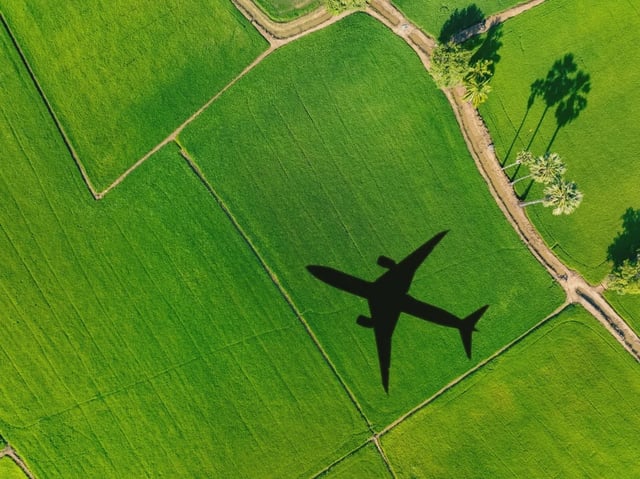Overview
- IATA, with Worley Consulting, reports sufficient sustainable feedstock to meet aviation’s 2050 net‑zero goal but identifies slow commercialization of diverse SAF technologies as the main constraint.
- The study notes that only HEFA facilities are at commercial scale today and calls for rapid deployment of additional pathways, including power‑to‑liquid fuels.
- IATA reiterates a need for about 500 million tonnes of SAF annually by 2050, with more than 300 Mt from biomass and around 200 Mt from e‑SAF to close the gap.
- The association urges direct producer incentives, harmonized global standards and reaffirmation of CORSIA, warning that overlapping EU and UK mandates have raised costs without boosting supply.
- Supply‑chain integrity and feedstock diversification are in focus, with Reuters highlighting ISCC‑certified fuels linked to deforestation risks and new projects exploring sargassum seaweed as a potential input.
